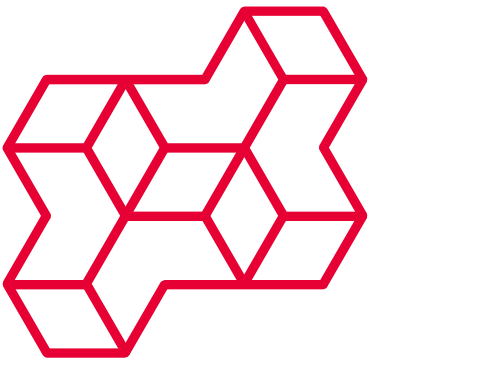Matrix-assisted laser desorption/ionization mass spectrometry imaging (MALDI IMS) enables the study of the spatial distribution of biomolecules and has become a widely used methodology in recent years with applications in systems biology, pharmacology, biomedical research, and clinical pathology. However, in addition to all the achievements of MALDI IMS, as data acquisition increases, it is becoming more and more apparent that the data generated exhibit a high degree of variability. This includes intensity variations in the signals, mass inaccuracies, and background signals due to chemical and instrumental factors. Even data collected under standardized conditions within a laboratory using the same instrumentation can exhibit significant technical variability. Accordingly, data measured at different sites and with different instrumentation can be compared only to a very limited extent.
Since no suitable algorithms and software tools are currently available to detect and quantify such effects, this variability often goes unnoticed and thus significantly reduces data quality. In MALDISTAR, the following goals will therefore be addressed: 1. development of algorithms for the evaluation of quality standards and quantitative metrics 2. development of mathematical methods for calibration and cross-normalization 3. development of software modules for the practical implementation of these methods.
The project will deliberately adopt an open research strategy involving our large network and the MALDI IMS scientific community. Only through the sharing of research data and a multicenter collaboration, the basis can be created to establish the newly developed approaches for reproducibility, standardization and normalization in the field of MALDI IMS in the future.
For more information please refer to: https://www.maldistar.org/.


